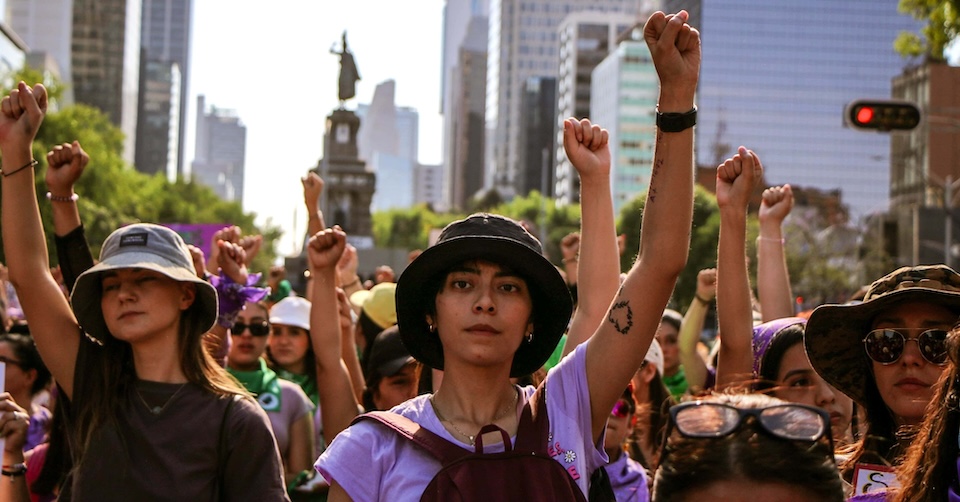
This Human Rights Day, Open Briefing is compelled to launch Rethinking International Relocation: A Strategy of Last Resort and Strengthening Support for Activists in Exile. This groundbreaking report calls for a fundamental shift in how we protect human rights defenders and other activists under serious threat, advocating for sustainable in-country solutions while emphasising the need for comprehensive support when relocation is the only option.
International relocation has been a critical tool in saving lives, yet over-reliance on it can have unintended consequences. As the report warns, “We risk undermining social movements and creating whole civil societies in exile by relying too heavily on international relocation.” By uprooting defenders, we may inadvertently weaken the very movements they champion, leaving them isolated from the communities they seek to empower.
A strategy of last resort
The report introduces the protection continuum. This framework prioritises holistic security risk management, collective protection, protective accompaniment, and other strategies to mitigate threats and keep activists in their communities for as long as safely possible. The continuum recognises international relocation as a vital tool, but places it as a measure of last resort.

For activists at risk, comprehensive protection can be transformative. The report includes real-life examples of how we have used the strategies in the protection continuum to help activists at risk in Bangladesh, Rwanda, and Guatemala. It also includes testimony from several activists, including a human rights defender in Afghanistan who shared, “Open Briefing helped me understand the threats I face in my complex security situation. We collaboratively developed strategies to improve my physical and digital security and personal wellbeing. This enabled me to make practical decisions around my security and resilience, while continuing to advocate for the human rights of women in a difficult and high-risk environment.”
This is the heart of Open Briefing’s approach: to provide tailored and holistic support that empowers activists to remain safe and effective, no matter the risks they face.
Strengthening support for activists in exile
When relocation becomes unavoidable, Open Briefing argues it is only the beginning of the journey. The focus must shift beyond the immediate crisis to address ongoing physical, digital, and psychosocial risks. For those forced into exile, safety often brings new challenges:
- Residual security threats, such as surveillance or violence.
- Psychological burdens, including trauma, survivor’s guilt, and cultural isolation.
- Digital security vulnerabilities that may compromise their movements and networks.
Open Briefing addresses these challenges holistically, offering security mentoring, mental health counselling, and digital security training. By fostering resilience and a renewed sense of purpose, we ensure that exile does not mean the end of their advocacy.
Join the conversation

This Human Rights Day, we invite you to explore our vision for change. Rethinking International Relocation is not just a report – it is a call to action for donors, protection organisations, and other international partners to rethink how we protect those fighting for human rights and social justice.
Join the conversation on social media using the hashtag #RethinkRelocation and help us create a future where activists and movements can thrive, wherever they are.
Read and share the report today, and stand with us in redefining protection and resilience support for activists at risk and in exile.